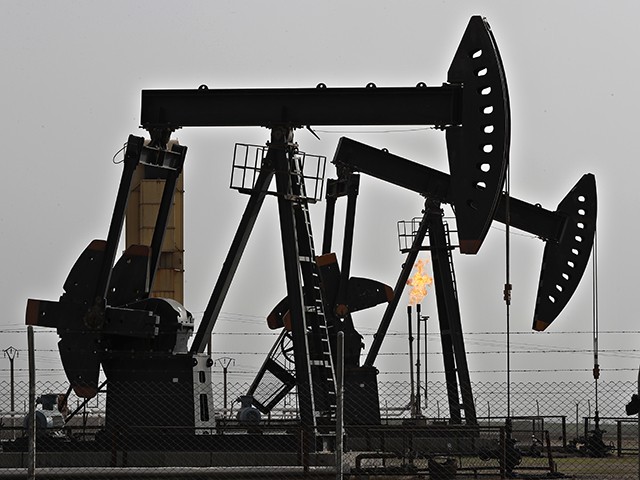The joke among oil traders Monday morning is that gas stations will soon be paying customers to fill up their tanks as the search for storage options intensifies.
Oil prices plunged on Monday to multi-decade lows. The front-month May contract for West Texas Intermediate futures, which expires Tuesday, fell by more than 36 percent to $11.55 a barrel.
Soon to be expiring contracts are typically traded in lower volumes. Som\e traders may be selling the expiring May contract for fear that storing oil will become more expensive as high production numbers clash with low demand around the globe.
The June WTI contract for West Texas Intermediate futures, fell by more than 11.5 percent. Brent crude oil, considered the global benchmark, fell by around 6 percent.
Analysts are concerned that the capacity for storing oil may run out soon. The storage facility in Cushing, Oklahoma has become a particular focus. Connected by pipeline to Canada, West Texas, the Gulf Coast, and the American Midwest, Cushing is where the physical delivery of most WTI takes place. That end-stage of billions of dollars of daily trading, most of it purely financial and settled with contracts, is becoming more expensive as crude stockpiles have accumulated.
Efforts to curb production, such as a recent agreement between Russian and Saudi Arabia, appear to have fallen short.
When prices for futures contracts expiring further out are higher than contracts expiring sooner, traders describe the market as being in “contango.” The opposite, where near-term contracts are cheaper than long-term, is called “backwardation.” The current market, with a steep discount for oil available for near-term delivery, is known as “super-contang0.” The definitions of those terms may not matter to most consumers but they are fun to say.
“Uncontained contango,” is a new phrase being thrown around to describe super-contango driven by lack of storage capacity.
